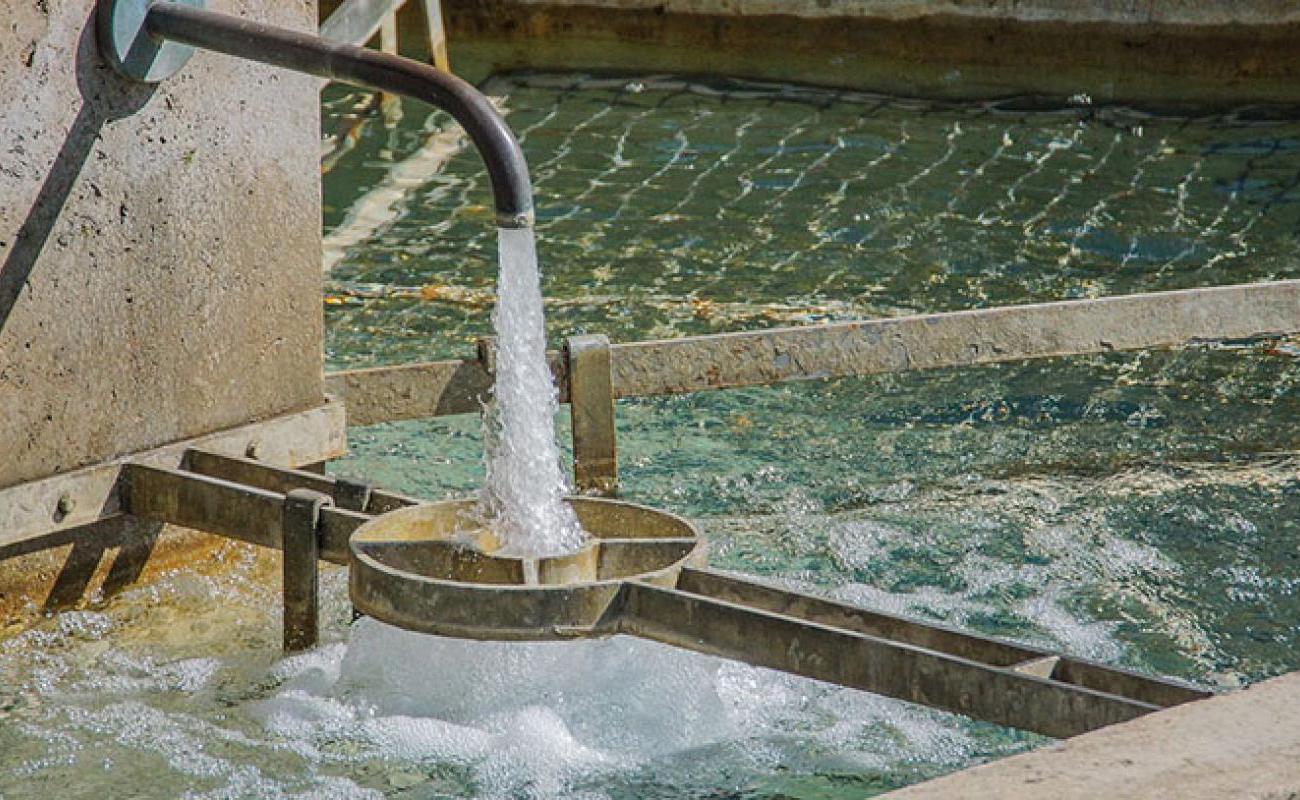EBRD, EU and donors help Gradačac in Bosnia and Herzegovina to improve its water supply

Gradačac is a small but vibrant town in Bosnia and Herzegovina, with around 40,000 people and many local businesses. It is known for its entrepreneurial spirit and agribusiness, but has struggled with an unstable and insufficient water supply.
With support from the European Bank for Reconstruction and Development (EBRD), the European Union (EU) and bilateral donors to the Western Balkans Investment Framework (WBIF), Gradačac has now extended its water network and upgraded its wastewater infrastructure.
“Gradačac is the most beautiful city in the world to me,” says Nevresa Jukan, who works in agriculture. Her family owns cattle and collects and sells milk from local dairy farms.
Not having access to clean drinking water made life difficult for Nevresa, both at home and on the farm. The family had to buy bottled drinking water and draw water from their own wells for hygiene purposes. The situation was exacerbated by high temperatures and low rainfall from April to November each year.
Many households in the southern part of Gradačac faced similar challenges. As the town expanded, more houses were built, but the water infrastructure did not necessarily follow.
A few years ago, Gradačac embarked on a mission to address the issue by upgrading its existing water system and building new infrastructure to connect the growing number of households.
With the support of the EBRD and donors, the city built 100 km of new water pipes, which helped increase the number of households connected to the mains supply to 80 per cent. The project also included the replacement of old asbestos pipes, considered unsafe, in the city centre, making it the first city in Bosnia and Herzegovina to completely remove asbestos pipes from its network.
The investment was financed with a €6 million EBRD loan and a €3.4 investment grant from the Western Balkans Investment Framework and Sweden.
“The quality of our everyday life has improved overnight,” says Nevresa. “We are a big household and we need water for cooking, cleaning, everything.”
Protecting the environment, improving standards
In addition to water, the city took steps to improve its wastewater infrastructure, constructing around 40 kilometres of new sewerage pipes. This means that more wastewater is collected and treated in the city’s wastewater treatment plant, which was also refurbished in recent years with a grant from the Czech Republic.
Having wastewater infrastructure has been beneficial to the development and expansion of the city’s industrial zone. Most businesses in Gradačac export to the EU and need to align the quality of their products and processes with EU standards.
Haso Omerović, a manufacturer of energy-efficient windows and doors, sees this as a good investment that benefits local businesses.
“We export our products to Austria and Germany and these are important business markets for us,” he explains. “If we can prove that we meet environmental standards, we will have a better chance in these markets and our products will be more competitive.”
Building sustainable infrastructure
Bosnia and Herzegovina, like most countries in the Western Balkans, has suffered from years of underinvestment in green municipal infrastructure, most notably water, wastewater treatment and waste management.
The EBRD has prioritised investments in these areas and, in recent years, extended support for major projects in urban transport, energy efficiency, waste management and water supply, helping the country to become greener and more sustainable.
“Gradačac is a great example of what can be achieved. Investing in efficient, safe and greener municipal infrastructure remains one of our key strategic priorities and the EBRD and its donors stand ready to provide finance and support for it,” says Manuela Naessl, EBRD Head of Bosnia and Herzegovina.
“We look forward to supporting more cities in the country in improving their critical infrastructure and environmental conditions and will continue to work with the Government to provide the right framework conditions to make those investments sustainable.”
